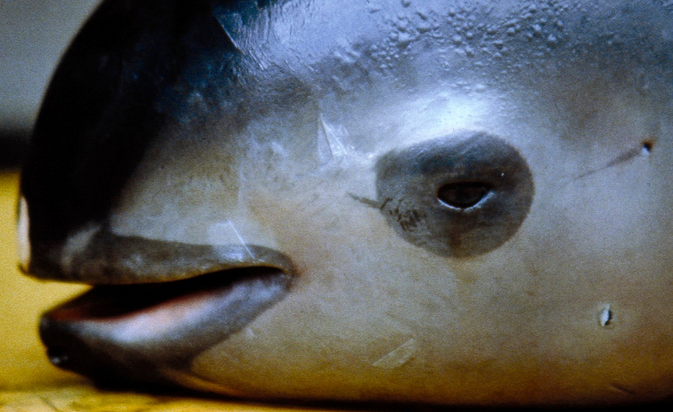The news is that, due to growing demand of swim bladders for "aquatic cocaine" by the affluent Chinese, two Mexican species are being pushed into oblivion. There is much anticipation that there is a possibility of a crackdown when the Cite's meeting on wildlife trade takes place this year. Reports says that there has been a rapid depletion of the population of the Totoaba, the giant Mexican fish, and Vaquiats, whose numbers have come down to 100 only.
The dire states of these species give rise to speculations by conservationists on the possibility of a strong action being taken when the Internation Convention on Endangered Species takes place in Geneva this week. According to recent reports from the EIA, swim bladders of Totoaba are being openly sold in Hong Kong and Guangzhou as well as online. The bladders, known as maws, have been named as "aquatic cocaine," and are being sold at a price ranging from £1,750 (16301.53 CNY) to £6,500 (60548.55 CNY).
The demand for the "aquatic cocaine" has increased due to big investment being made on them by wealthy Chinese, for collecting them as gifts.
According to reports, the decline in the population of Totoaba and Vaquiats is due to the rampant use of gillnets by fishermen. The Totoaba are caught using the gillnets, which also entraps Vaquiats, although unintentionally, resulting in decreasing numbers of the species.
Clare Perry, the team leader of EIA, commented that the only way to save the species is to permanently remove all gillnets. However, experts fear that the ban, which may be in the offing, could push criminals into continued fishing, defying the ban.
The EIA is of the opinion that Cites need to send a clear message to put an end to the illegal trade of the "aquatic cocaine" as the demand of these species are growing day by day.























